November 15, 2023
People spending more time in offices in search of social interaction
 Office workers now spend more time in the office, with the average creeping up to three and a half days per week compared to three days in 2022, according to a new report from international law firm, Gowling WLG. The report, titled Strategic moves: why the office is now a business-critical decision [registration], surveyed senior representatives responsible for making office lease decisions in companies, and a selection of office workers. It identifies that a more permanent approach to office usage is now emerging, as the shadow of the pandemic recedes, as well as demonstrating the changing metrics being applied by occupiers to decisions relating to premises requirements and the more complex environment for landlord asset management. More →
Office workers now spend more time in the office, with the average creeping up to three and a half days per week compared to three days in 2022, according to a new report from international law firm, Gowling WLG. The report, titled Strategic moves: why the office is now a business-critical decision [registration], surveyed senior representatives responsible for making office lease decisions in companies, and a selection of office workers. It identifies that a more permanent approach to office usage is now emerging, as the shadow of the pandemic recedes, as well as demonstrating the changing metrics being applied by occupiers to decisions relating to premises requirements and the more complex environment for landlord asset management. More →






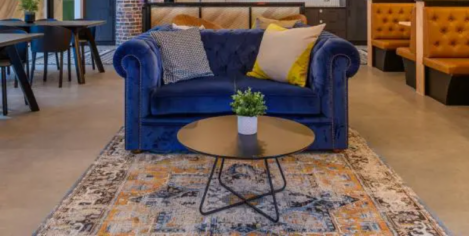
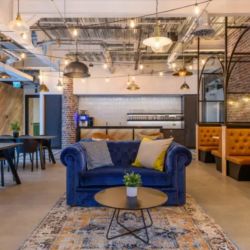 For many people, a large portion of the day is spent at the workplace. In fact, the average person will spend 90,000 hours at work over a lifetime. The Covid-19 pandemic saw the typical ‘workplace’ setting change for many people, after businesses around the globe were forced to adjust to a ‘work-from-home’ model. Now, three years later, we are starting to see more employees return to the office, with large corporations including JPMorgan, Chase, Apple and Google all announcing plans to bring their workers back to base.
For many people, a large portion of the day is spent at the workplace. In fact, the average person will spend 90,000 hours at work over a lifetime. The Covid-19 pandemic saw the typical ‘workplace’ setting change for many people, after businesses around the globe were forced to adjust to a ‘work-from-home’ model. Now, three years later, we are starting to see more employees return to the office, with large corporations including JPMorgan, Chase, Apple and Google all announcing plans to bring their workers back to base. 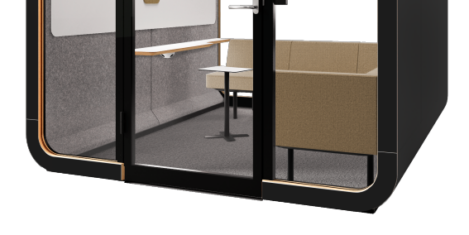
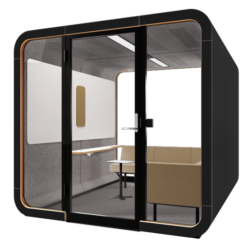
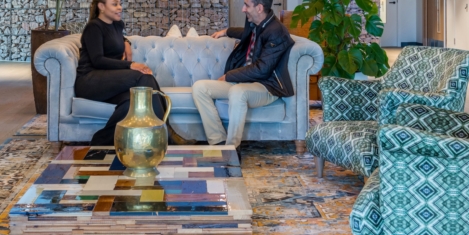
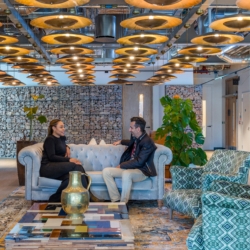
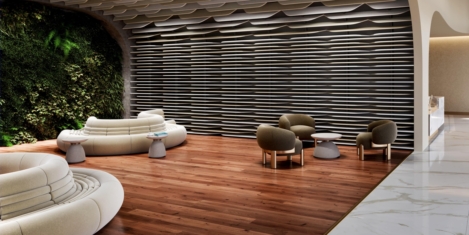
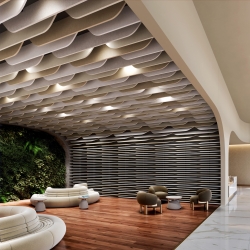
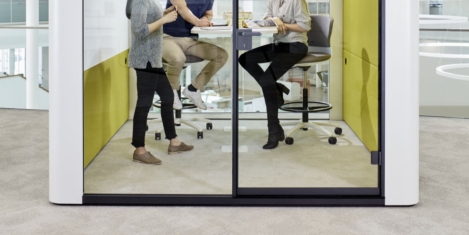
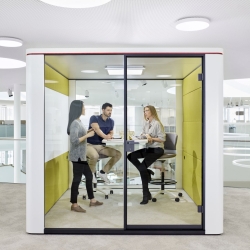


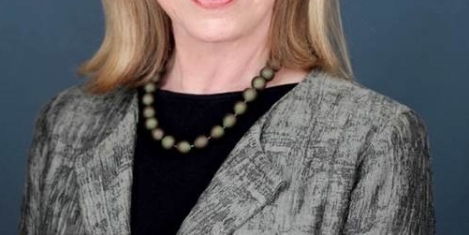

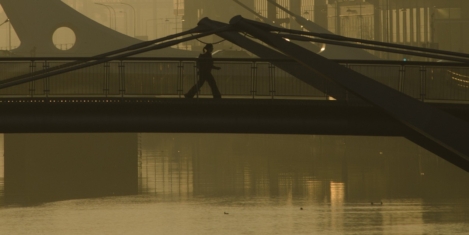
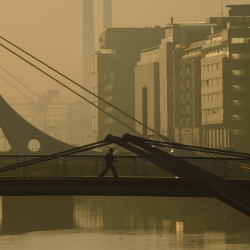
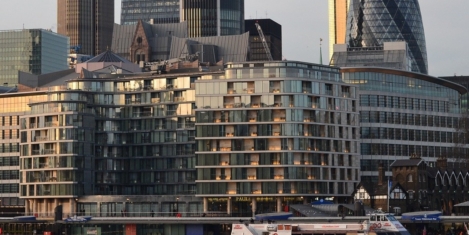
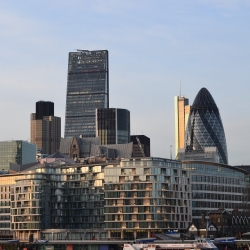











November 29, 2023
Creating the epicentre: unlocking the untold benefits of next-generation office spaces
by Nathan Thomas • Comment, Flexible working, Property, Technology